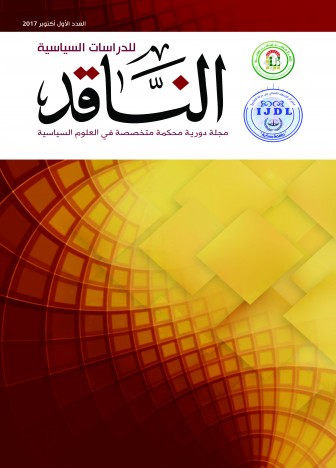Tradition and Trends of Secularism in India
Résumé
In contrast to the West, the term ‘Secularism is commonly used in present day India to describe the relationship that exists, or which ought to exist, between the state and religion (Gupta, 1991). Technically, the secular state is a state which guarantees individual and corporate freedom of religion deals with individual as a citizen irrespective of his religion is not constitutionally connected to a particular religion nor does it seek either to promote or interfere with religion. In India the concept has been used not as state's indifference meaning towards religions but as treatment of all religions in an equal fashion and ruling out discrimination of any Indian on the ground of his religion. In its political terminology ‘secularism' governing the term ‘state,' that is the expression ‘Secular state', implies a contradiction to ‘theocratic state' or a ‘state with an established church', or to imply a polity that has no any ‘state religion' or which is not a ‘religio-ideological state'. With the independence of India in 1947 the secular group held that the system of the country's governance should be run along purely secular lines, independently of religion, whereas the thinking of the religious group was quite the contrary. They insisted that the political system of the country should be governed in accordance with the dictates of religion. The analysis and debates of the Constituent Assembly reveals a rejection of the Western concept of secularism, that is, absolute separation of state and religion, and acceptance of the Indian concept of ‘Sarva Dharma Sambhava' or equal regard for all religions (Rajarajan, 2007). At the time although secularism failed to become one of the fundamental tenets of the Constitution, yet the declaration of India as a secular state came only with the enactment of the 42 nd Amendment to the Constitution (1976) and now the Preamble proclaims India as a secular state.
Key words: Secularism, Tradition, Modern Trends, Secular State and Prospect.


